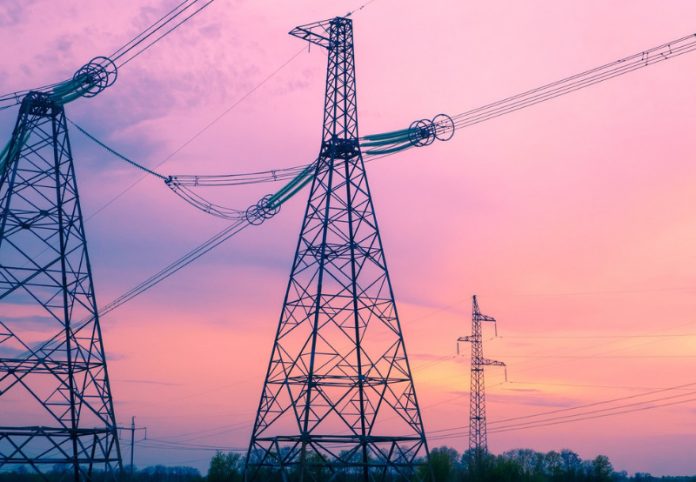—— Cabinet deliberates on Energy Ministry’s proposals on inflated power bills
—— Considers big relief subject to IMF nod
—— Meeting takes place amid protests over exorbitant bills
—— Power Division proposes cash instead of free units for officials
DM Monitoring
KARACHI: A meeting of the interim federal cabinet, chaired by Prime Minister Anwaarul Haq Kakar, was held in Islamabad on Tuesday during which the Ministry of Energy’s recommendations on inflated electricity bills were considered.
The meeting was convened in response to public demonstrations, where a considerable number of people took to the streets to protest against the excessively high electricity bills following a significant rise in the national average tariff. The outrage prompted interim PM Kakar on Saturday to summon an “emergency” meeting for Sunday to discuss the issue, a second round of which was supposed to be held yesterday.
However, a source told Dawn that the caretaker prime minister did not preside over the meeting, and instead, asked the ministers for energy, finance, information and others to hold the meeting and come up with a solution that would be presented before the federal cabinet today.
Meanwhile, interim Information Minister Murtaza Solangi said the energy ministry had finalised a list of proposals to provide relief to the inflation-hit populace, which would be presented in today’s meeting. The energy ministry confirmed this on X, formerly Twitter, earlier today. Solangi had told Dawn the interim government intended to take measures to provide relief to the public.
“If we have taken the responsibility to run the country even for a limited time, we have to give some relief to the masses,” he said. However, the minister was reluctant to give details about the relief to be given to the electricity consumers — especially those whose deadline for the power bill was August 28 (Monday).
Separately, a source told Dawn the interim government could convert these bills into instalments as well as adjust some of the amounts in power bills for winter months because of low power consumption during one cold season. Similarly, some taxes may be reduced while one-slab benefit could also be extended to consumers, he said, adding that the facility of free electricity units enjoyed by Water and Power Development Authority and other institutions was also likely to be withdrawn.
It was reported after Sunday’s meeting that a plan was devised to withdraw subsidised electricity availed by Discos and government officers in grade 17 and above. While the cabinet meeting was under way today, the Federation of Pakistan Chambers of Commerce and Industry (FPCCI) rejected the recent increase in electricity prices. Addressing a press conference in Lahore, FPCCI President Irfan Iqbal Sheikh highlighted that the burden of price hike had become unbearable for the people. He acknowledged that the interim government, too, was facing a tough situation, but added that they “need to realise that prices cannot be raised beyond the paying capacity of the people”.
The rising electricity costs appeared to have put the power companies in a vicious cycle of declining consumption and shifting resultant additional capacity charges to consumers, compelling the government to seek the staggered imposition of Rs146 billion quarterly charges in six months, instead of three months to minimise the ‘price shock’.
The situation emerged at a public hearing organised by the National Electric Power Regulatory Authority (Nepra) on the government request for Rs5.40 per unit additional quarterly tariff adjustment (QTA) to consumers for April-June 2023 when the Power Division made a departure from its petitions. It requested that consumers be charged at a rate of Rs3.55 per unit for six months, instead of Rs5.40 per unit for three months, to reduce the price shock on consumers still struggling to absorb 26pc increase in base national rates notified last month.
Also, the Power Division proposed that even the Rs3.55 per unit additional charge should be imposed after September when an existing quarterly adjustment of Rs1.24 per unit would lapse, thereby further reducing the cost increase. The net increase in tariff for six months — October 2023 to March 2024 — would thus stand at Rs2.31 per unit, a Power Division official pleaded before the regulator.




